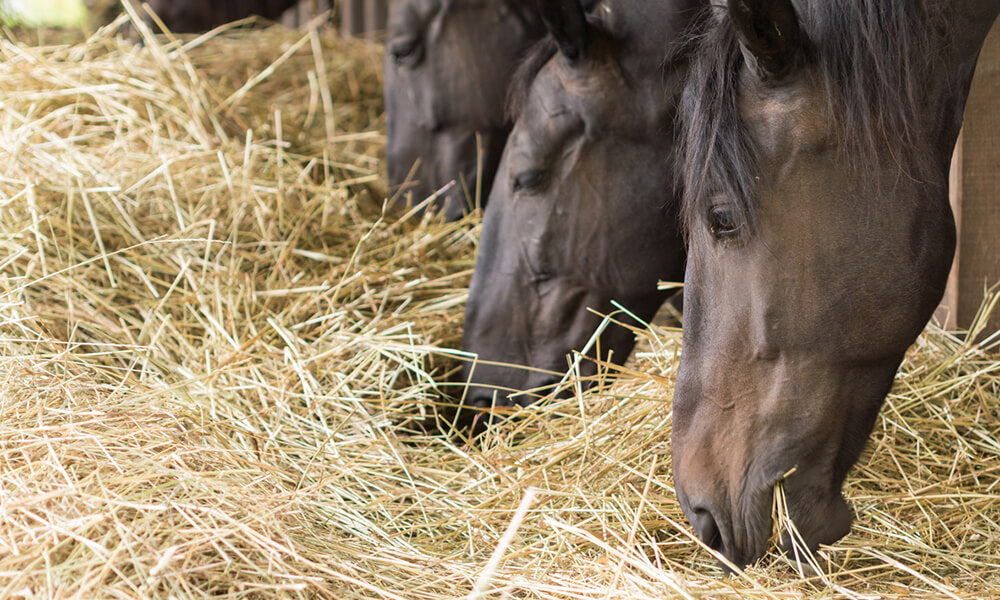As a horse owner, understanding what is the best horse feed for your equine companion can make a significant difference in their health and performance. Selecting the right feed involves considering factors such as age, activity level, and special dietary needs. Whether you’re a seasoned equestrian or a beginner, this guide will provide you with the essential knowledge to make informed decisions.

Understanding Your Horse’s Nutritional Needs
Before diving into horse feed options, it’s crucial to understand your horse’s basic nutritional needs. Horses require a balance of carbohydrates, proteins, fats, vitamins, and minerals to thrive. Each nutrient plays a unique role in maintaining health and supporting activity levels. For instance, carbohydrates are the primary energy source, while proteins are vital for muscle development.
The Importance of Forage
Forage should be the cornerstone of any horse’s diet. Horses are natural grazers, and high-quality hay or pasture provides the bulk of their nutritional requirements. It’s recommended that horses consume about 1.5% to 2% of their body weight in forage daily. This helps maintain a healthy digestive system and reduces the risk of colic.
Types of Horse Feed
Concentrates
Concentrates, such as grains and pelleted feeds, are often used to supplement forage. They provide additional energy and nutrients, which is especially important for performance horses or those with higher energy demands. However, it’s essential to choose concentrates carefully, considering the horse’s activity level and any health conditions.
Supplements
Supplements can fill nutritional gaps in a horse’s diet. For example, horses with specific deficiencies may benefit from vitamins or minerals like zinc or magnesium. It’s crucial to consult with a veterinarian or equine nutritionist before adding supplements to ensure they meet your horse’s needs without causing imbalances.
Factors to Consider When Choosing Horse Feed
Age and Life Stage
A horse’s nutritional needs vary at different life stages. Foals, adults, and seniors each require specific nutrient profiles to support growth, maintenance, and aging. For instance, young horses need more protein and calcium for bone development, while older horses may require easily digestible feeds.
Activity Level
The horse’s activity level significantly impacts their dietary requirements. Performance horses involved in racing or competitions need high-energy diets, while horses with lighter workloads may thrive on a simpler diet. Adjusting feed to match activity levels helps maintain optimal health and performance.
Health Conditions
Horses with health issues like metabolic disorders require special diets. For example, horses with insulin resistance might benefit from low-sugar feeds. Understanding your horse’s health needs and consulting with professionals ensures their diet supports their condition. Feeding horses with metabolic issues involves tailored strategies to maintain health.
Common Mistakes in Horse Feeding
Overfeeding and Underfeeding
Balancing the right amount of feed is crucial. Overfeeding can lead to obesity and related health problems, while underfeeding can cause malnutrition and poor performance. Regularly assessing your horse’s body condition and adjusting their diet accordingly is essential. Equine body condition scoring is a valuable tool for monitoring.
Ignoring Water Intake
Water is often overlooked but is vital for digestion and overall health. Ensure your horse has constant access to clean, fresh water. Dehydration can lead to serious health complications, so monitoring your horse’s water intake is crucial.
The Role of Vitamins and Minerals
Vitamins and minerals are essential for a balanced diet. They support various bodily functions, from bone health to immune support. In some cases, horses may need additional mineral supplementation, such as mineral blocks, to meet their needs.
Vitamin E and Selenium
Vitamin E and selenium are crucial antioxidants that aid in muscle health and immune function. Horses deficient in these nutrients may suffer from muscle disorders. Ensuring your horse’s diet includes adequate levels of these nutrients is vital. For more information on deficiencies, check this resource.
Conclusion
Choosing what is the best horse feed is a responsibility that comes with understanding your horse’s unique needs. By considering factors like age, activity level, and health, you can provide a balanced diet that promotes health and performance. Always consult with professionals and be attentive to your horse’s responses to their diet.

FAQ
What should I consider when feeding a senior horse?
Senior horses often need easily digestible feeds with higher fiber and fat content to maintain weight and health as they age.
How can I tell if my horse is getting the right nutrition?
Regularly monitoring your horse’s body condition and consulting with an equine nutritionist can help ensure they receive balanced nutrition.
Are supplements necessary for all horses?
Not all horses require supplements. They are beneficial when specific deficiencies are identified, but it’s important to tailor them to your horse’s needs.
This article contains affiliate links. We may earn a commission at no extra cost to you.
